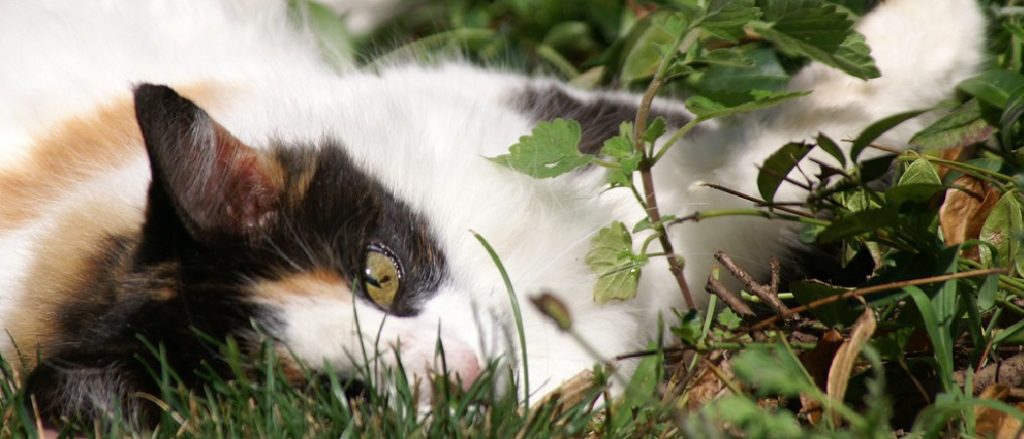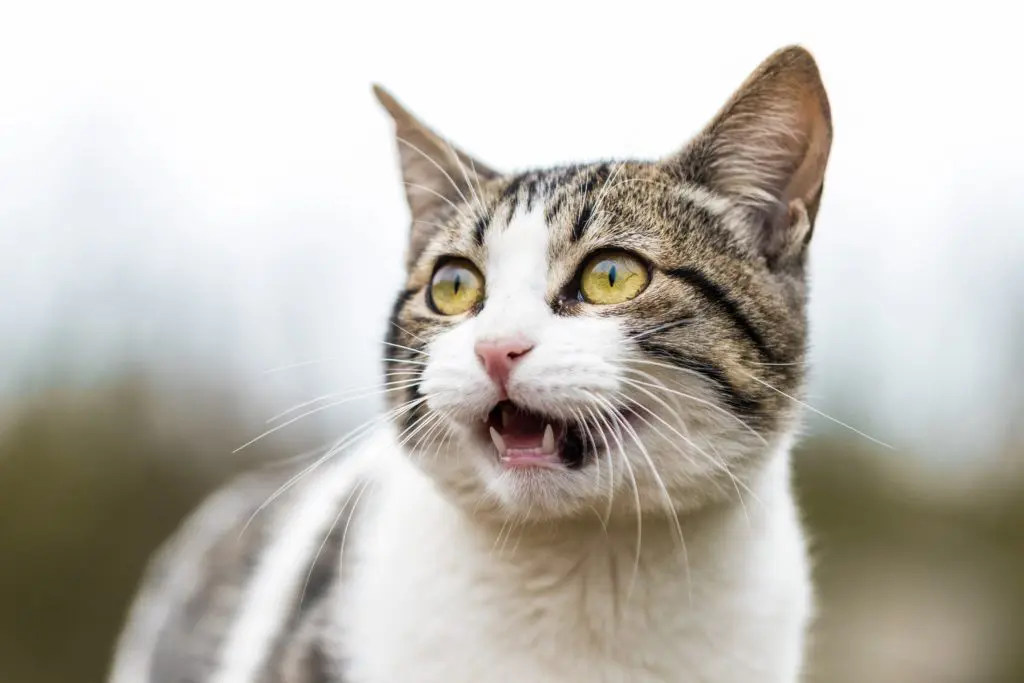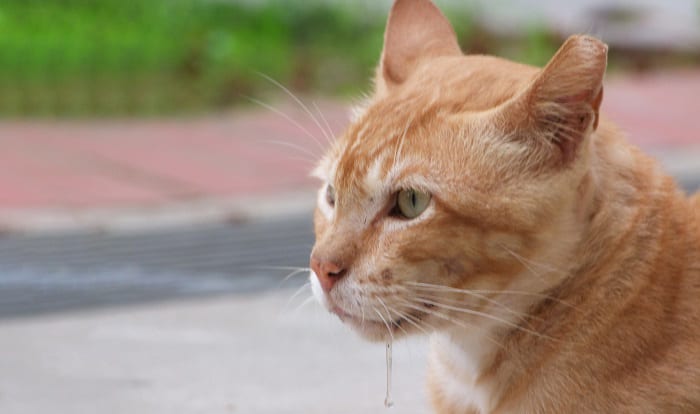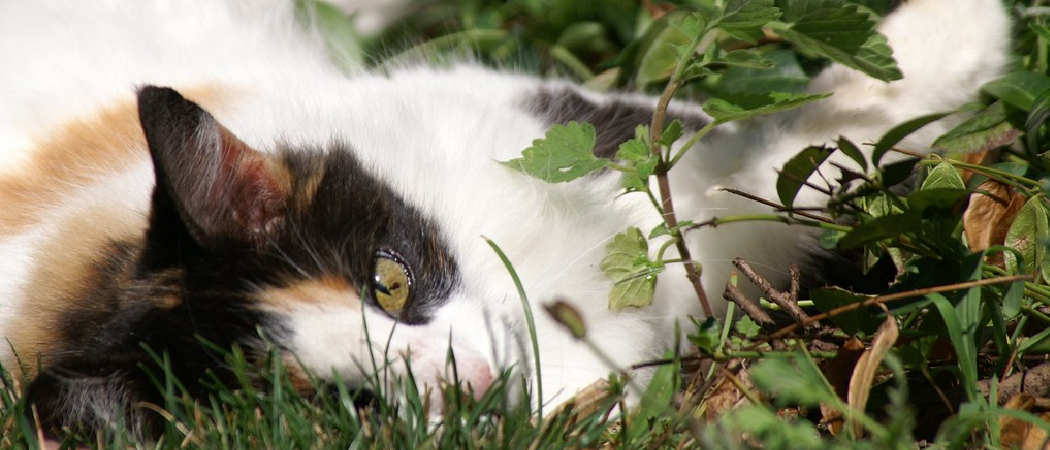When a cat drools while purring, it could indicate dental problems or excitement, and seeking veterinary advice is recommended to determine the cause. Cats may drool while purring for various reasons, and understanding why can help address any underlying health issues or provide reassurance.

It is not uncommon for cats to drool when they are exceptionally happy or content, especially during an intense purring session. However, excessive drooling could also signify dental problems, such as gum inflammation or an infected tooth. In some cases, drooling while purring can be a sign of a more serious medical condition, including oral tumors or respiratory issues.
Therefore, observing your cat’s drooling behavior, considering any accompanying symptoms, and consulting with a veterinarian will help ensure your feline friend’s well-being.
Understanding Cat Drooling
Curious about why your cat drools while purring? Discover the reasons behind this behavior and understand what it means for your furry friend’s health and well-being.
What Is Normal Cat Behavior?
Understanding cat behavior is key to owning a feline companion. Cats have their unique ways of communicating with us, and one behavior that often leaves cat owners wondering is drooling. While drooling can be a natural occurrence, it can also indicate an underlying health issue. In this section, we will explore what is considered normal cat behavior.
When it comes to drooling, many cats may experience it after a particularly satisfying meal or when they are feeling relaxed and content while being petted. In these situations, drooling is typically harmless and can be seen as a sign of pleasure and comfort. Some cats might even drool when they are generally happy and purring away on your lap.
However, it is important to remember that not all cats drool, and the absence of drooling does not necessarily indicate an issue. Just like humans have different tendencies, cats too have their unique behaviors. So, if your cat doesn’t drool, it doesn’t mean something is wrong, it may simply mean that your cat doesn’t have a drooling reflex.
Why Do Cats Purr?
Cats purr for various reasons, and it is their way of communicating with us and other cats. Purring is often associated with contentment, relaxation, and happiness. It is a way for cats to express their emotions and can be a sign of joy, relaxation, or even a self-soothing mechanism.
When a cat purrs, it can provide a sense of comfort and calmness, both for the cat and the person interacting with them. It has been observed that cats often purr while being petted or when they are in familiar and safe surroundings.
Purring can also be a way for cats to solicit attention from their human companions. It is their way of saying, “I am here and I want your attention.” So, the next time your furry friend starts purring, embrace it as a sign of their happiness and trust in you!
What Causes Drooling In Cats?
Drooling in cats can be caused by several factors. While occasional drooling during moments of comfort and pleasure is usually harmless, excessive drooling can be a cause for concern. It is essential to recognize the possible reasons behind your cat’s drooling so that any potential health issues can be addressed promptly.
| Possible Causes of Excessive Drooling |
|---|
| Allergies or irritants |
| Dental problems, such as gum disease or oral infections |
| Foreign objects stuck in the mouth or throat |
| Heatstroke or overheating |
| Oral tumors |
| Mouth ulcers or sores |
| Pain or discomfort |
| Nausea or digestive issues |
If you notice that your cat is excessively drooling or the drooling is accompanied by other concerning symptoms such as difficulty eating, bad breath, excessive thirst, or weight loss, it is crucial to consult your veterinarian. They can perform a thorough examination and determine the underlying cause of your cat’s drooling.
Remember to pay attention to your cat’s overall behavior and health, as consistent changes can provide valuable insights into their well-being. While occasional drooling is usually normal and harmless, any sudden or significant increase in drooling should be addressed promptly to ensure your beloved feline companion’s health and happiness.

Credit: raleighncvet.com
Possible Medical Reasons
While drooling is commonly associated with happiness or contentment in cats, excessive drooling combined with purring may indicate an underlying medical issue. Understanding the possible medical reasons can help you identify the cause of your cat’s drooling and ensure their well-being. Here are some potential medical explanations:
Oral Health Issues
Poor oral health can lead to excessive drooling in cats. Dental diseases, such as gum infections, tooth decay, or abscesses, can cause pain and discomfort, leading to increased saliva production. Cats may also experience drooling due to foreign objects stuck between their teeth or dental trauma. It is important to regularly examine your cat’s mouth for any signs of oral health problems, including bad breath, swelling, redness, or bleeding gums. If you notice any of these symptoms, it is advisable to consult a veterinarian.
Nausea Or Digestive Problems
Cats may drool while purring if they are experiencing nausea or digestive issues. Conditions such as gastritis, gastrointestinal obstructions, or inflammatory bowel disease can cause stomach discomfort and trigger excess salivation. Some cats may also develop an aversion to certain foods, leading to nausea and subsequent drooling. If your cat has a sudden change in appetite, vomits frequently, or shows signs of abdominal pain, it is crucial to seek veterinary attention promptly.
Respiratory Infections Or Allergies
Respiratory infections or allergies can also contribute to drooling in felines. Common infections like feline herpesvirus or calicivirus can cause runny noses, sneezing, and congestion, leading to excess saliva production. Additionally, allergies to environmental factors, such as pollen or dust mites, can irritate a cat’s nasal passages, resulting in increased mucous production and subsequent drooling. If your cat exhibits other symptoms like coughing, nasal discharge, or watery eyes, it is essential to consult a veterinarian for proper diagnosis and treatment.
In summary, while drooling combined with purring is not always a cause for concern, it can indicate potential medical issues. Oral health problems, nausea or digestive problems, and respiratory infections or allergies are some of the possible medical reasons behind a drooling cat. Keeping a close eye on your cat’s behavior and promptly seeking professional advice when necessary can help ensure their overall health and well-being.
Behavioral And Emotional Factors
Cats are fascinating creatures with a range of behaviors and emotions. It’s important for cat owners to understand their furry friends and be aware of any unusual behaviors they may exhibit. One such behavior that can sometimes leave cat owners puzzled is drooling while purring. While it may seem strange, there are several behavioral and emotional factors that can contribute to this phenomenon.
Contentment And Relaxation
When a cat is content and relaxed, it often purrs as a sign of comfort. In this state, they may also start to drool as a natural response to the pleasurable sensations they are experiencing. This happens because purring and drooling are both related to a cat’s autonomic nervous system, which controls involuntary bodily functions. The relaxed state allows their salivary glands to produce excess saliva, resulting in drooling.
Anxiety Or Stress
On the other hand, anxiety or stress can also cause drooling while purring in cats. Just like humans, cats can experience emotional turmoil, which is often expressed through physical manifestations. When a cat is anxious or stressed, it may try to comfort itself by purring, but this can also trigger excessive drooling. The heightened state of anxiety or stress stimulates the salivary glands, leading to the production of excess saliva.
As a cat owner, it is essential to pay attention to other signs of anxiety or stress your cat may exhibit, such as aggressive behavior, hiding, excessive grooming, or changes in appetite. If you suspect anxiety or stress as the cause of your cat’s drooling while purring, it may be helpful to identify and address any potential triggers. Providing a safe and peaceful environment, engaging in playtime, or offering interactive toys can help to alleviate your cat’s anxiety and reduce the drooling behavior.
In summary, drooling while purring in cats can be attributed to both contentment and relaxation as well as anxiety or stress. It’s important to observe your cat’s behavior and consider other factors such as changes in their environment, recent experiences, or interactions with other animals. By understanding these behavioral and emotional factors, you can ensure your cat’s well-being and provide appropriate care when needed.

Credit: www.amazon.com

Credit: www.fveap.org
Frequently Asked Questions For Why Is My Cat Drooling While Purring
Why Does My Cat Drool When Purring?
Drooling while purring is normal for cats and often indicates contentment and relaxation. The purring action can stimulate salivation, causing the cat to drool. However, if the drooling is excessive, has a foul odor, or is accompanied by other symptoms, it’s best to consult a veterinarian to rule out any underlying health issues.
Is It Normal For Cats To Drool A Lot?
Cats may drool excessively due to various reasons such as excitement, grooming, or high body heat. However, if you notice a sudden increase in drooling, excessive drooling, or drooling accompanied by other symptoms like reduced appetite or weight loss, it’s important to have your cat checked by a veterinarian for any underlying dental or health issues.
What Can Cause Excessive Drooling In Cats?
Excessive drooling in cats can be caused by several factors, including dental problems such as dental disease or oral infections, oral tumors, ingestion of toxic substances, injury, nausea, or respiratory issues. It’s essential to consult a veterinarian if you notice persistent or sudden excessive drooling to identify and address the underlying cause.
Conclusion
As we wrap up this blog post on why your cat may drool while purring, it’s important to remember that occasional drooling is usually normal. However, if you notice excessive drooling or any other concerning symptoms, it’s best to consult with a veterinarian.
By understanding the possible causes for drooling while purring, you can better care for your furry friend and ensure their overall well-being. So, keep an eye on your cat’s drooling behavior and seek professional advice if needed. Happy purring!


